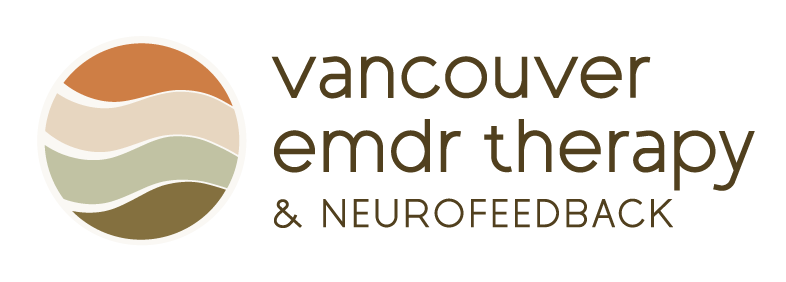 Learn about the brain, adaptogens to work with stress, the Integrative Mental Health Model, and explanation of EMDR in Spanish.
Learn about the brain, adaptogens to work with stress, the Integrative Mental Health Model, and explanation of EMDR in Spanish.
This is a list of monthly “trauma recovery tips” from a trauma specialist to help you reduce the effects of trauma and chronic stress on your life so you can live from a place of healing, hope and happiness.
Healing from trauma is a different process for each person. As a trauma-focused therapist I never tell my clients to do anything that I haven’t tried or use regularly in my life. I have learned over the years through experience, research, feedback from clients and insights from other professional’s successful ways of healing emotional wounds as well as managing persistent stress. What I share with you here is both cutting edge and tried-and-true techniques for healing.
Trauma Tip #1
Reading the book. Waking the Tiger: Healing Trauma by Peter A. Levine with Ann Frederick
Trauma Tip #2
Brain Stem. Did you know that we have three brains? The Lower Level: “Little Brain/Reptilian” is responsible for arousal, reproduction and homeostasis of the body. The first part of fear response or Fight/Flight response happens in this part of the brain. This is where our brain signals the immediate response to danger. When our body registers dangerous emotions, it triggers a threat to survival. There are many ways to work with the brain stem and the threat response. EMDR therapy is one of them.
Trauma Tip #3
 Tulsi also known as Holy Basil. Is an adaptogen herb that helps to quiet your heart. Adaptogens are food used for grounding and reducing the effects of ongoing stress. Holy Basil is a Ayurvedic medicine that has been around for more than 3000 years. Holy Basil has multiple therapeutic actions including being an adaptogenic, antimicrobial and anti-inflammatory. Research shows that traditional uses for Holy Basil include effective treatment for lifestyle-related chronic diseases including diabetes, metabolic syndrome, and psychological stress.
Tulsi also known as Holy Basil. Is an adaptogen herb that helps to quiet your heart. Adaptogens are food used for grounding and reducing the effects of ongoing stress. Holy Basil is a Ayurvedic medicine that has been around for more than 3000 years. Holy Basil has multiple therapeutic actions including being an adaptogenic, antimicrobial and anti-inflammatory. Research shows that traditional uses for Holy Basil include effective treatment for lifestyle-related chronic diseases including diabetes, metabolic syndrome, and psychological stress.
Trauma Tip #4
The Integrative Mental Health Model (IMHM). Mental health therapists that use the IMHM assess for what the biological needs are of the client such as energy, sleep, mood, physical activity, nutrition, hydration etc. We suggest lifestyle changes and offer discussion regarding replacing unhealthy foods or behaviors for improved awareness and healthy options. The brain, body and heart are connected. Therefore, mental health treatment should be integrative.
Trauma Tip #5
EMDR Therapy explained in Spanish.
This information is provided by Lemecia Lindsey, LICSW. Lemecia has dedicated her private counseling practice to helping clients heal from trauma. She specializes in EMDR therapy, Neurofeedback and is an Integrative Medicine Mental Health Provider.
*This list is not a substitute for medical intervention. Consult with a doctor to decide what is best for you.




